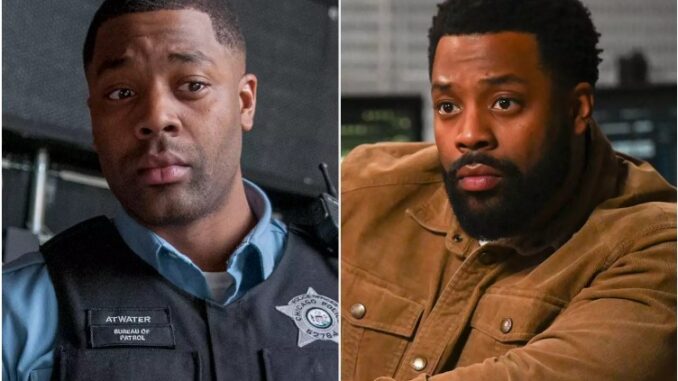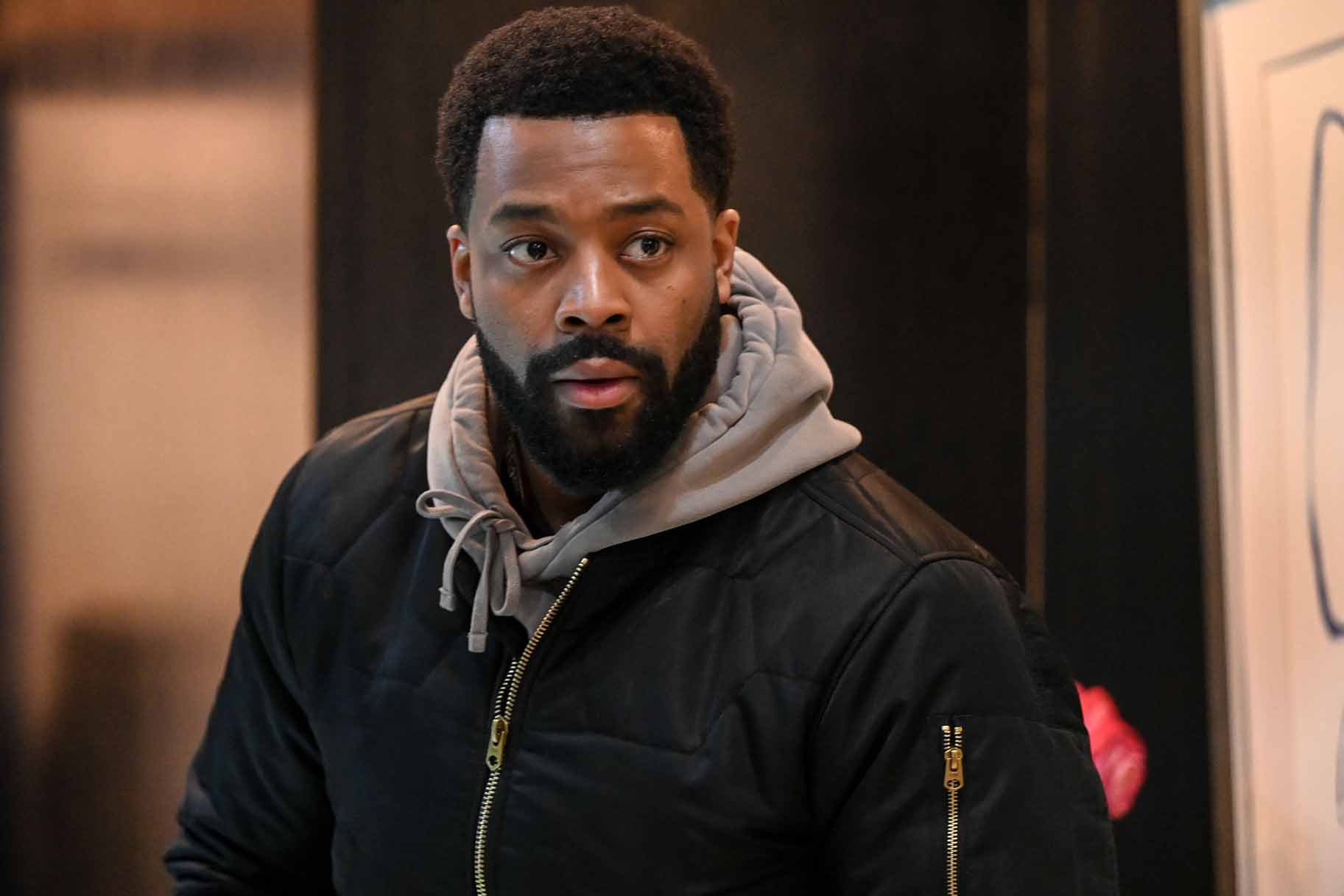
In recent years, as society has grappled with issues of race and policing, LaRoyce Hawkins’s role in Chicago P.D. has taken on profound significance.
As the sole Black actor in the show’s main cast, Hawkins’s character, Officer Kevin Atwater, serves as a vital lens through which viewers can examine the complexities of law enforcement in a racially charged climate. Hawkins portrays Atwater as a nuanced character who navigates the challenging terrain of being a Black officer in a predominantly white department. This representation resonates deeply with audiences, especially as the nation reflects on the relationship between communities of color and the police. His character often faces moral dilemmas that reflect the real-life struggles many officers encounter—balancing duty with a commitment to justice and community.

The show itself, while rooted in traditional police procedural tropes, has evolved to address contemporary issues, including systemic racism and police brutality. Hawkins’s presence in the cast is a reminder that the narratives surrounding law enforcement must include diverse perspectives. His performance adds depth to the storyline, challenging stereotypes and prompting viewers to engage with difficult conversations about race and authority.
Moreover, Hawkins’s portrayal of Atwater highlights the internal conflicts faced by many Black officers who strive to serve their communities while also confronting the injustices within the system. This duality not only enriches the character but also sparks important discussions among fans about the complexities of identity and the implications of policing.
As Chicago P.D. continues to unfold its narrative, LaRoyce Hawkins stands at the forefront, embodying the struggles and triumphs of Black officers in a time of societal upheaval. His character serves not just as a cop but as a bridge between two worlds—law enforcement and the community—making his role indispensable in the ongoing dialogue about race, justice, and the portrayal of police in popular media.
